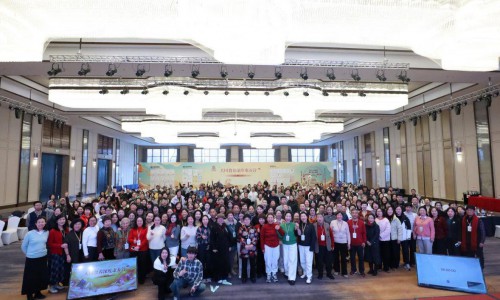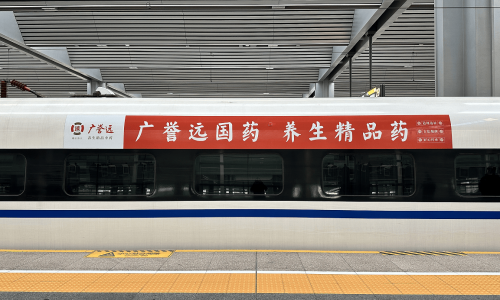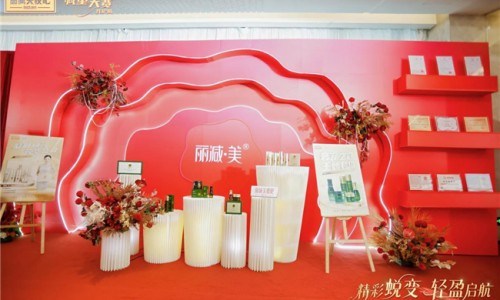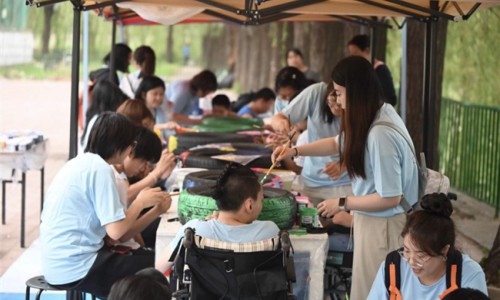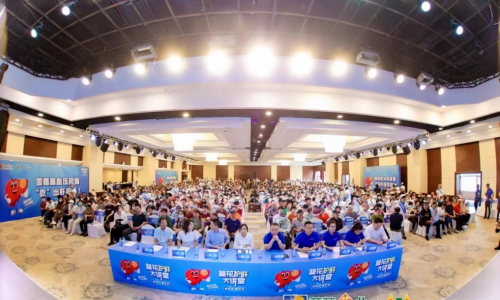...斯特·海明威 译者:周舟-美国文学融合包容的美国梦
高锐
摘要:在文學翻译中,译者作为原文的一级读者,他们在翻译活动中处于中心枢纽地位,所以译者的作用尤为重要。而在翻译过程中,译者受到审美客体在形式、内容等方面的制约,使得翻译的难度加大。但只要他善于发挥自己的主观能动性,尽最大可能将客观制约性加以抑制,仍能翻译出很好的作品,本文就译者在文学翻译中的禀赋资源加以探讨。
关键词:译者,禀赋资源,文学翻译
On the translators' endowments in the literature translation
Gao Rui
( Guangzhou Sontan Polytechnic College Guangzhou Guangdong 511370 )
Abstract:As the first reader of the original, the translators position in translation is significant. Therefore the translator plays a decisive role in translation activity. In the process of translation, the translator is restricted by the aesthetic object in form, context, and so on. This makes translation a more difficult task. However, as long as he is good at making the most of his subjective dynamics, translation may be dealt with smoothly. In this thesis, the arm is to discuss the translators' endowments in the literature translation.
Key words: translator, endowments, literature translation
Introduction.
Literary translation is unavoidably influenced by the translators subjectivity. They study the translators subjectivity in literary translation by discussing the relationship between the translator and the original, the readers of both the source text and the target text, aesthetic activity, etc. On the whole, it can be said that literary translation has gained certain achievements. However, much remains to be done when we want to produce a satisfactory translation work.
Part 1 The roles of the translators in literary translation
1.1 As an important role in translation
The translators undertake the tasks of perceiving and appreciating the aesthetic constituents in the source text, and then reproducing and creating a target text of the same aesthetic value. He is to evaluate the beauty of the source text and convey it in the target language. Basically, how much the aesthetic values can be realized in the translation depends on the aesthetic qualification of the translator, i.e. his cultural accomplishment, aesthetic feeling and his aesthetic experience, etc.
1.2 Basic attributes of the translators
1.2.1 Objective conditioning
As the aesthetic subject of translation, the translator is fundamentally quite different from a writer or an expert in that he undertakes a double task in the course of aesthetic practice. On the one hand, he needs to decode the originals aesthetic information; on the other hand, he has to encode it or rather to represent the originals beauty in the target language.endprint
Actually, translation is no easy task. To be more specific, the difficulty in translation just lies in the fact that both the content and the style are already existent in the original and as a result, the translator will have to do his best to reproduce them as they are in quite a different language. However great the obstacles are in the work he is going to deal with, he can do nothing but try to overcome them one by one.
1.2.2 Subjective dynamics
Theoretically, as long as the aesthetic subject is good at making the most of his subjective dynamics, translation can be handled smoothly. On the other hand, however, whether subjective dynamics can play its role correctly or not depends on whether the translator possesses certain endowments.
Aesthetic feeling exists in the aesthetic object and correspond emotional response of the aesthetic subject, which are closely related to each other. It makes us realize that a good translation should be the result of the translator's cultural fusion and emotional communication with the original. In other words, only with the right feelings can the translator consciously percept the original beauty and thus lay foundation for aesthetic comprehension.
As for knowledge, it is a multi-directional concept. It may refer to the translator's general cultural knowledge, personal insight as well as aesthetic vision that can be increasingly enriched by personal experience, which, to a great degree, attribute to accurate aesthetic judgment.
Part 2 The endowments of the translators
2.1 The concept of the translators' endowments
The endowments of the aesthetic subject in literary translation are the quality or the ability that the translator is born with. They are the translators character, literary attainments, aesthetic bias, power of appreciation and comprehension. In addition, life experience, intellectual standard, the level education and aesthetic experience also have a strong influence on the aesthetic result. The role of the aesthetic subject is so important that whether the authors endowments are rich or not affects directly the effectiveness of the translation works directly.
2.2 The translators' aesthetic preferences
The aesthetic psychological tendency of peoples will to choose and accept some objects is called aesthetic preferences. The effect of it influences the translators' attitude towards objects.
The translators tend to choose some sort of works from numerous originals as the aesthetic objects in his translation activity. That is the translators' own subjective aesthetic preferences. Some translators may choose their objects by choosing the originals writer. The similar interest, taste or style can make a connection between writers. That is to say, the translators prefer to select the source texts to the extent of his personal emotions. It will be beneficial to the translators achieving fusion of vision with the original author on condition that he selects those source texts congenial to him in context and style.endprint
The modern translation ways include two studies. One is the study ignoring the existing expression methods and pursuing novel even strange forms. The other is the one uses lots of given ways to convey and satisfy readers with smooth language and traditional interests.
2.3 The aesthetic appreciation and the effect of literary translation
The translator, as the aesthetic subject of tradition activity will make appreciation of literary work after his choose to the original judging his own aesthetic preferences. As the first reader of the original, the translator must appreciate of literary work first and foremost. Only in this way, can the translator understand the essence of the source texts author, make the emotional communication and reach a heart-to-heart reaction with the originals writer.
Conclusion
Literary translation emphasizes the conveyance of the original aesthetic features, which demands the translator's artistic recreation. His translation may be in fact considered as a good literary work full of artistic value as a whole, which in turn enlarges the life of the original. In essence, the translator is called the aesthetic subject in literary translation because he must be ready to have rich endowments before practice a translation. On the basis of respecting the source texts gist and creating his own features, the translator shall try to gain empathy with the original beauty carried in quantitative and un-quantifiable aesthetic constituents and reproduce it in natural target language and represent the artistic value of the original successfully. In this way maybe charm reflected in language can be frequently sensed in his translated works.
Bibliography
[1] Wang Dongfeng; Cultural Position of Translated Literature and Translator' s Cultural Attitude[J];Chinese Translators Journal;2000-04endprint

